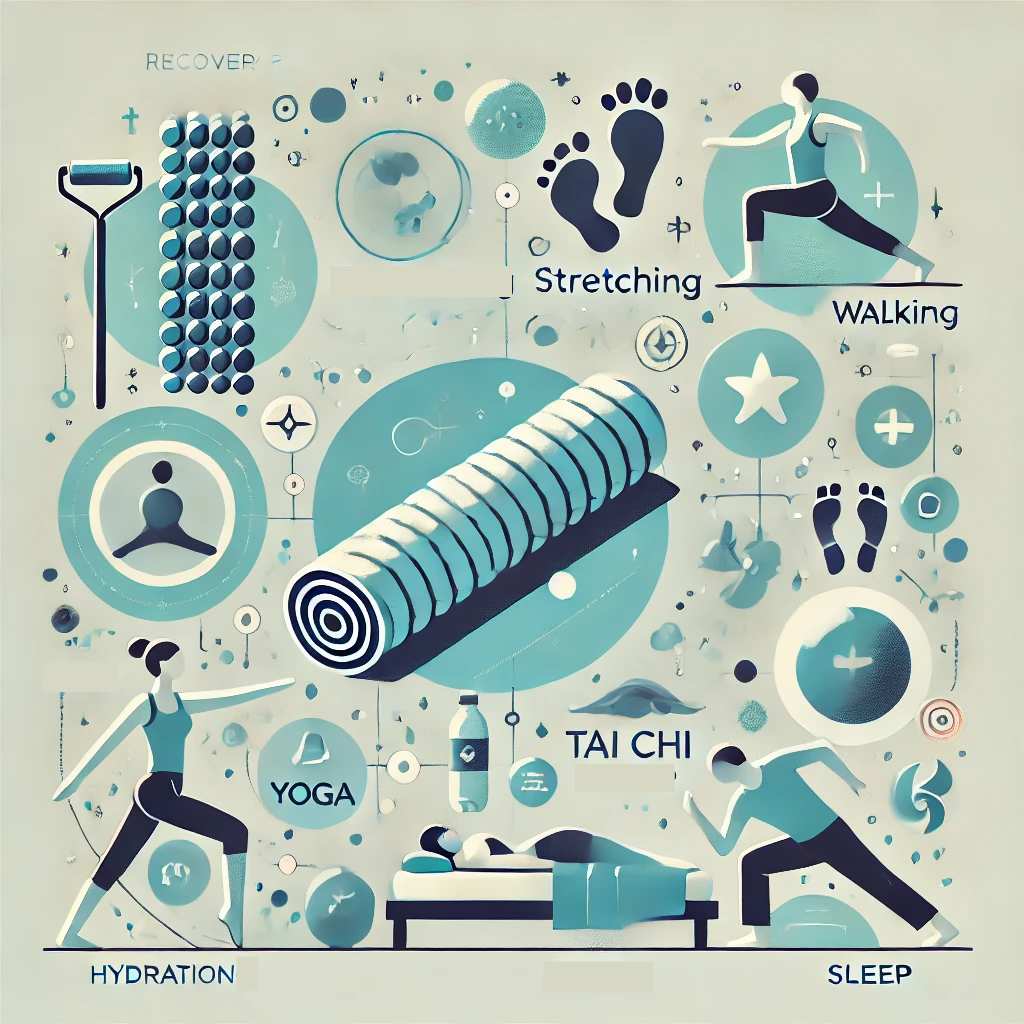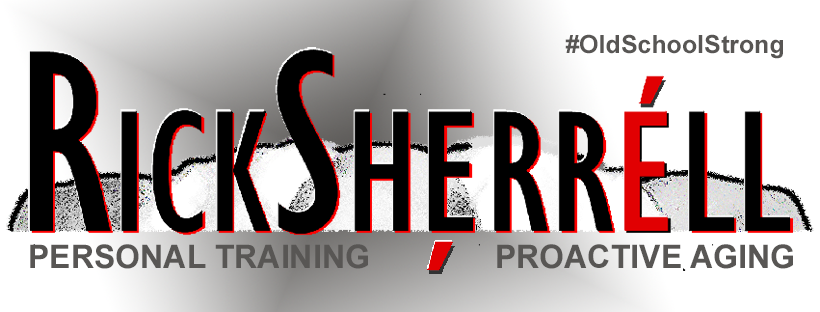
Let’s talk about something most people overlook: Recovery. If you think the magic happens during your workouts, think again. Your muscles grow, repair, and get stronger when you recover—not when you’re banging out reps. Without a recovery plan, you’re spinning your wheels and risking burnout or injury.
So, here’s the big question: What’s YOUR recovery plan?
Why Recovery Matters
From the Proactive Aging Blueprint: “Workouts break your muscles down; recovery is when they rebuild stronger than before. Without proper recovery, you’re not just slowing your progress—you’re setting yourself up for setbacks.”
Recovery isn’t just about resting; it’s about active recovery—moving intentionally to help your body heal faster and feel better.
Actionable Active Recovery Strategies
- Foam Rolling: Spend 5–10 minutes on major muscle groups after a workout or on your rest days. Focus on tight spots like quads, hamstrings, or your back to release tension and improve circulation.
- Dynamic Stretching: Add 5–10 minutes of light, dynamic stretches like leg swings, arm circles, or cat-cows. This keeps your joints mobile and your muscles happy.
- Walking: A 20-minute walk can boost blood flow and clear out muscle soreness. Bonus: It’s great for your mind too!
- Yoga or Tai Chi: These practices combine gentle movement with mindfulness, perfect for improving flexibility and reducing stress.
- Hydrate Like a Pro: Water is essential for recovery. Dehydration slows muscle repair and leaves you feeling sluggish. Aim for half your body weight in ounces daily.
- Prioritize Sleep: Sleep is where the real recovery happens. Aim for 7–9 hours and practice good sleep hygiene.
Your Challenge
What’s one recovery habit you can commit to this week? Foam rolling, stretching, better hydration, or even just walking a bit more—pick one and share it in the comments below.
Pro Tip: Your recovery plan is just as important as your workouts. The better you recover, the harder you can go next time. So, let’s hear it, Badasses: What’s YOUR recovery plan?
PEACE.
Rick
